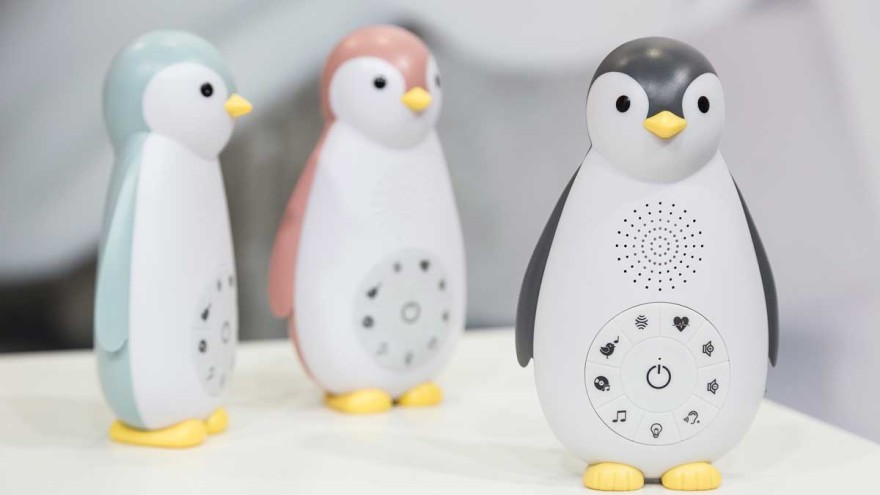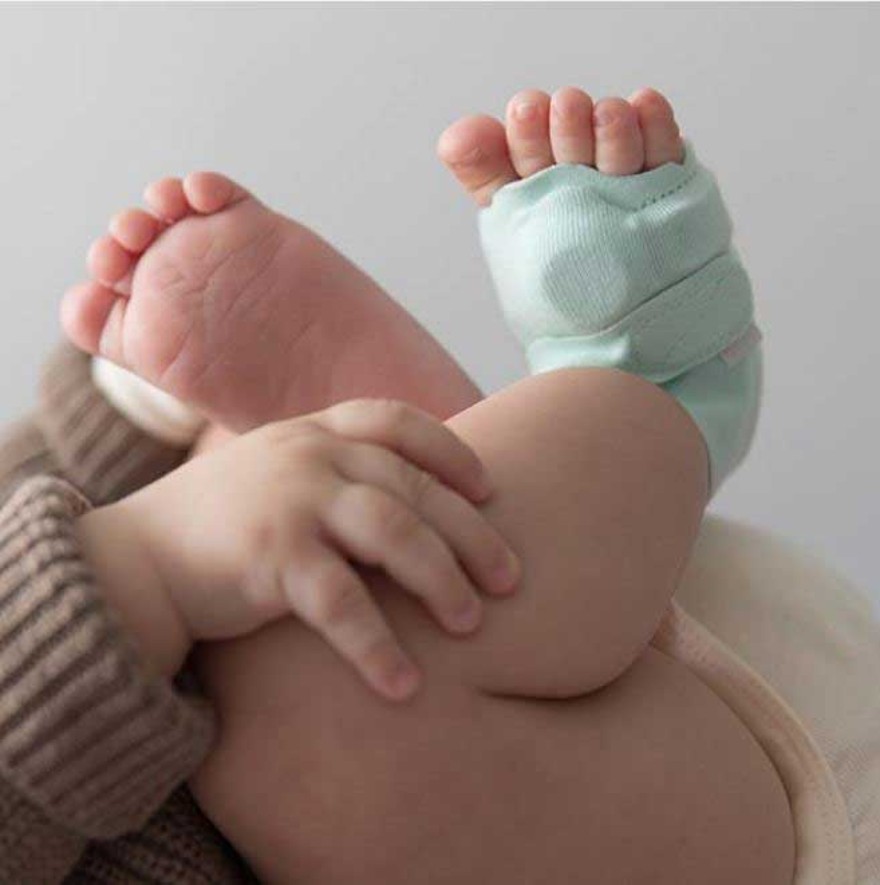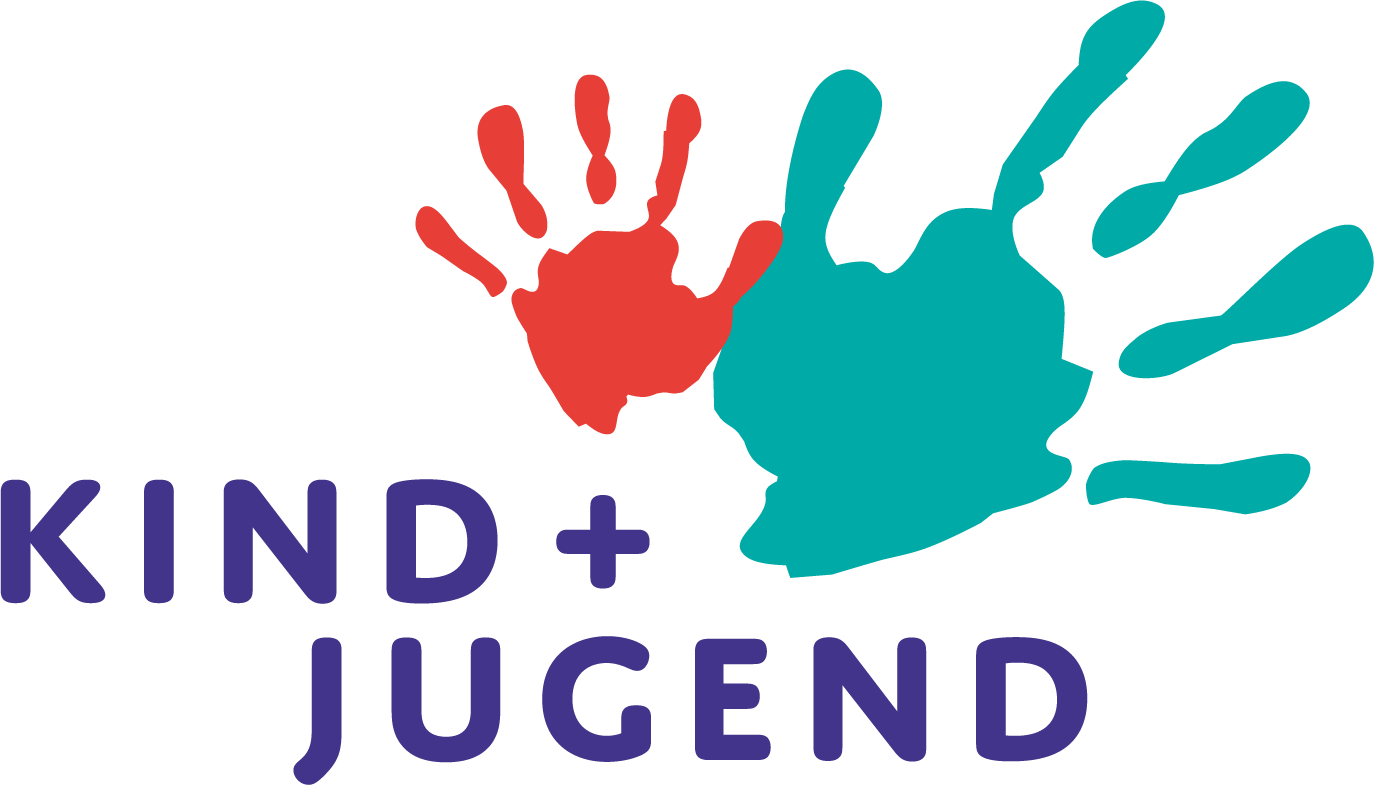Baby tracking: Which apps do parents really need?
8 May 2019

ZAZU Zoe © ZAZU
Never have there been so many apps to help young parents with childcare and baby health advice. But are all of these baby trackers and guides actually useful or do they create more anxiety instead? And what about the issue of data protection?
Digital guardian angels that look after the safety and health of babies and toddlers are enjoying growing popularity. There are parents who even start to digitally monitor their offspring before they are born. Special apps offer expecting moms information during all phases of pregnancy as well as nutrition and health tips. They can also document the weight, mood and, of course, the development of the unborn child.
Once they are born, little ones can hardly avoid being exposed to digitalen Nannys: Apps record the babies’ daily routine, give parents advice on the right clothes for the current weather and show them the location of the next café with changing table. New parents use digital diaries to keep meticulous record of breastfeeding times, diaper changes and every gram of weight, keep statistics on their child’s development and whether it is progressing as it should. Forgetful parents are also alerted if they have left their child in the car or are straying too far.
On the safe side with baby monitoring
Today, the digital baby monitor is part of the basic equipment of 84 percent of families with small children. Many devices also offer additional functions such as wearable apps, which can be attached directly to the baby’s body to monitor its breathing, sleeping position and sounds. Smart Socks record even more detailed parameters: They also measure heart rate and the oxygen level in the room. There are even apps that can decode babies’ cries so parents know when their little one is hungry, in pain or needs a diaper change.

Smart Socks © Owlet Baby Care
The advantages are obvious. With the first child especially, parents are often unsure if they are doing everything right – and not every young family has grandmas or aunts on hand with help and advice. In such situations, apps can help organise everyday life with baby. More than anything, however, they provide a sense of security. With regard to health risks, especially sudden infant death, apps that monitor vital functions continuously can even save babies’ lives in an emergency. Another useful app designed especially for parents of premature babies is the neoApp from the German Foundation for Sick Newborns (DSKN). It provides emergency contact points and can be used to gather important data on child development for doctor visits.
Information overload makes parents uneasy
As useful as baby apps may be in some situations, the wealth of information they provide can make parents uneasy and give cause for excessive worry: Is my little daughter’s stomach pain normal or something more serious? Why can’t my son walk yet at eleven months old even though the app says he should be able to? Under no circumstances should parents control their child’s every movement or compare their development with presumed fixed norms. This only results in placing undue demands on the child and themselves.
A child’s development process is very individual and the various apps and guidebooks out there all say something different. That is why parents should never regard the information provided by apps or found on the internet as the sole indicator of the development level of their offspring.
They should rely more on their gut feeling and trust that they know what is good for their baby. Besides, it is better to consult a doctor for really important medical questions rather than “Dr App”
For reasons of data protection, caution also needs to be exercised when dealing with apps, especially with regard to the storing of data. Products from foreign suppliers do not always observe the requirements of German data protection. The risk here is of health data being passed on to third parties such as insurers who may later deny coverage for the child due to illness or charge high risk premiums. In general, the more access rights an app requires (e.g. to the address book or calendar), the more careful users should be, especially if the required permissions have nothing to do with the purpose of the application.
What experience do you have with baby apps? Which do you think makes sense? Which would you advise your customers not to use? Share your experiences with us!
We look forward to hearing from you.
.
